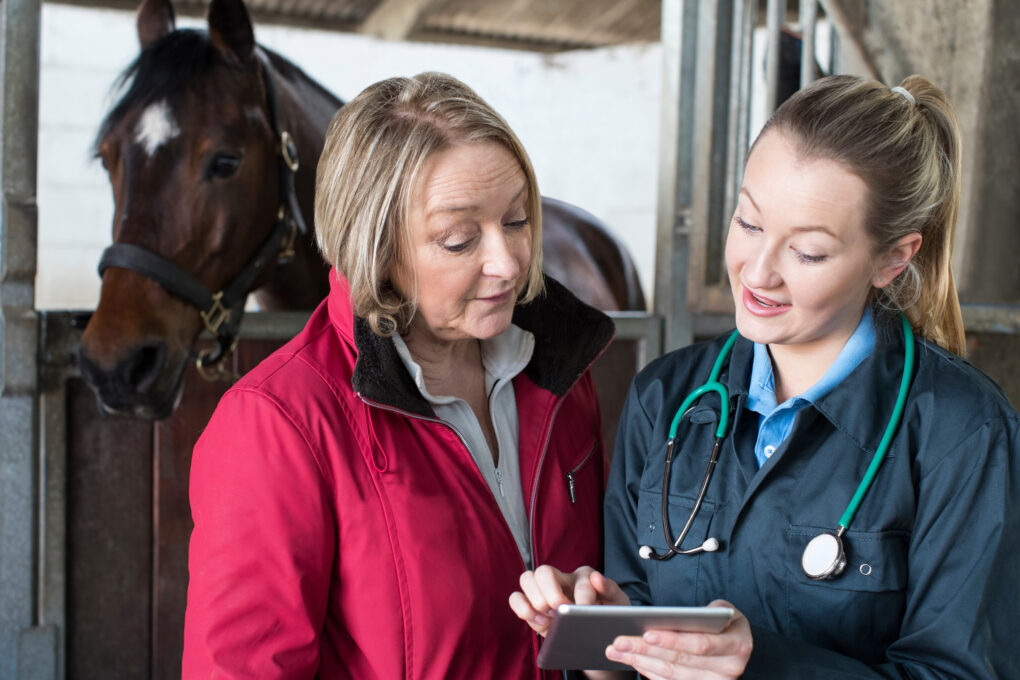Author(s): H. Davies, G. Pinchbeck, P-J.M. Noble, G. Diesel, M. Pirmohamed, N. Anderson and D.R. Killick
Published in: Veterinary Record
Date: June 2022
DOI: https://doi.org/10.1002/vetr.1796
Type of access: Open access
(click for full article)
Our summary
Davies, H, et al. (2022) UK veterinary professionals’ perceptions and experiences of adverse drug reaction reporting. Veterinary Record. p. e1796.
The aim of this cross-sectional survey study was to explore the barriers, perceptions, attitudes, and experiences of UK veterinary professionals towards adverse drug reaction (ADR) reporting.
Recruitment to the online survey, which ran from May 2019 to January 2020, was through advertisements in the UK veterinary press, via social media and at two conferences.
There were 260 responses: 80.8% (n=210) from veterinary surgeons, 18.8% (n=49) from veterinary nurses and one from a suitably qualified person. 91.8% of respondents spent most of their time in small animals practice, 44.2% spent some time in exotic practice, and 76.9% worked in first opinion practice.
The results showed that the majority understood their responsibility to report suspected ADRs, but 63.5% and 46.5% incorrectly believed it was a legal requirement for licensed and unlicensed products, respectively. 83.5% of respondents had previously reported an ADR following the use of a licensed product, with only 9.7% having done so following the use of an unlicensed product. 28.2% had previously reported a suspected lack of expected efficacy event.
ADRs in relation to licensed products appear more likely to be reported, (85.3%) compared to unlicensed products (23.4%).
The main barriers to reporting ADRs were that it was already widely known in the product literature; being unsure whether the product was responsible for the ADR, or concern over whether the ADR was serious enough. Time constraints were identified as a barrier by 40.0% of veterinary surgeons and 12.3% of veterinary nurses.
The most popular facilitator to reporting was the ability to report a suspected ADR via the practice management system. Non-reporters said they would be more likely to take action if there was greater feedback from the Veterinary Medicines Directorate or Marketing Authorisation Holders following reporting. Veterinary nurses were more supportive of continuing professional development on ADRs than veterinary surgeons.
Limitations of the study include the potential for recall bias on reporting and potential selection bias as survey respondents were self-selecting. Respondents represented less than 1% of the UK veterinary professionals and were predominantly working in small animal practice.
Take home
There is growing evidence of ADRs being underreported in veterinary medicine. This study highlights that empowering veterinary nurses to report ADRs, following appropriate tailored training, coupled with an increased ability to report via practice management systems might improve reporting rates.
Next steps

Receive journal watch by email
